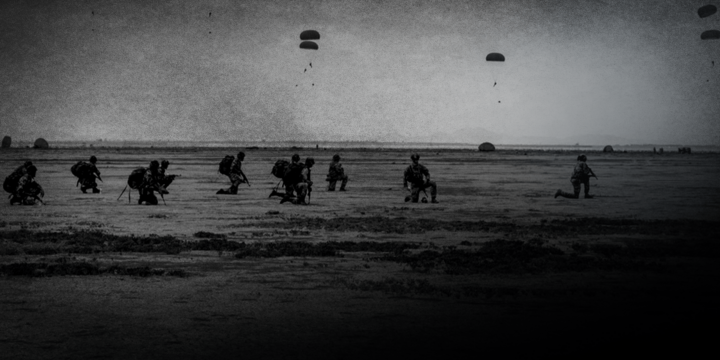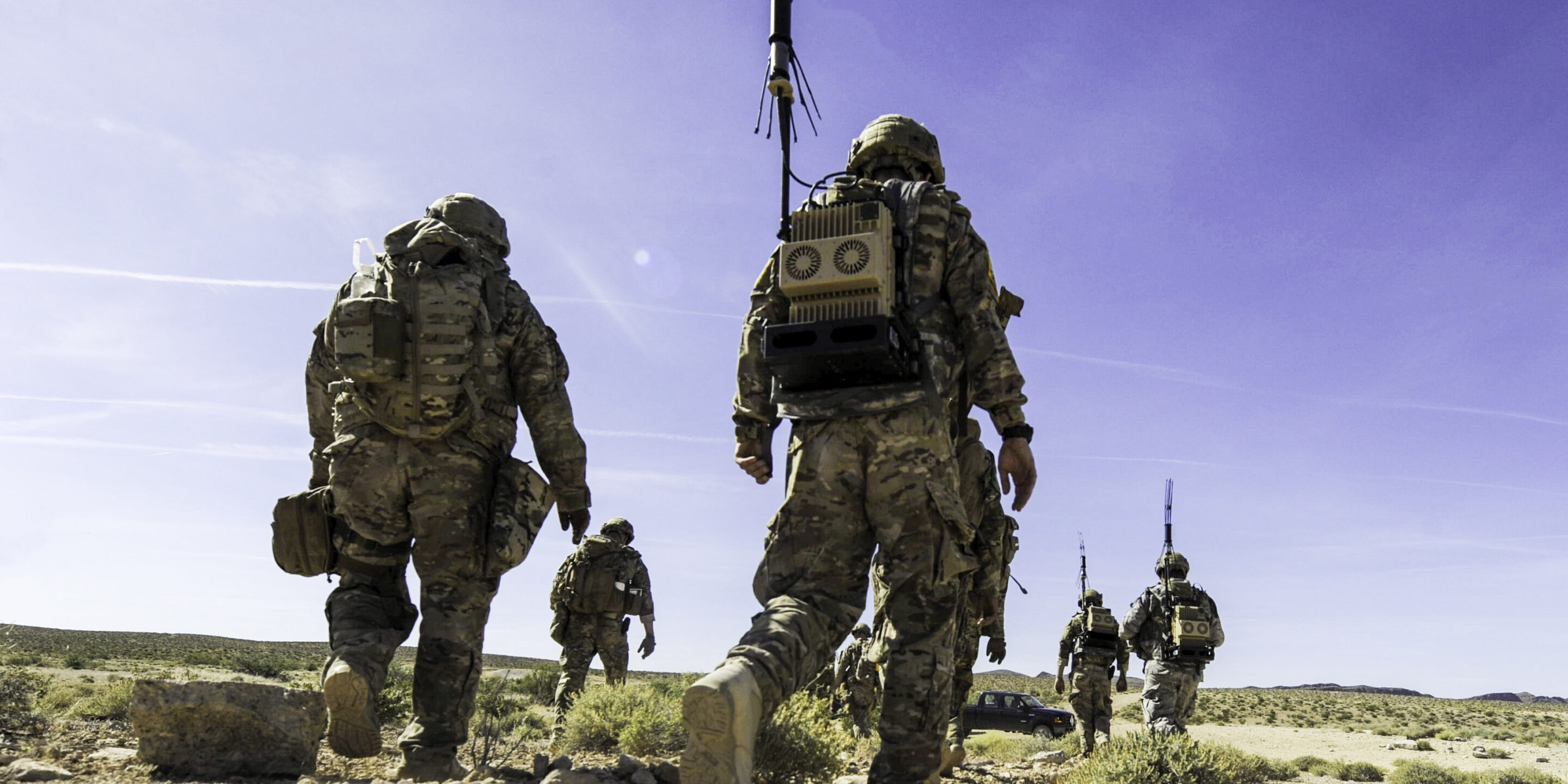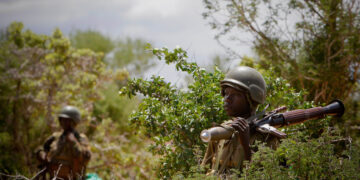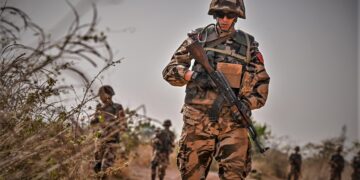U.S. troops are withdrawing from Niger, ending a decade of U.S. operations against local affiliates of al-Qaida and Islamic State. Niger is now turning to Russia for help. In a brazen (and potentially dangerous) affront to the United States, the Nigerien government has elected to house newly arrived Russian troops on a base currently occupied by U.S. forces. U.S. defense officials are calling this “a devastating blow” to U.S. security in a region “at the tipping point of being captured by the Russian Federation.” This panicked reaction makes sense given the assumptions in U.S. policy circles that terrorist threats in West Africa are a major threat to the U.S. and that our so-called “loss” in Niger is Russia’s automatic gain.
The problem is these assumptions are wrong. Drawing down from Niger isn’t some kind of strategic disaster. Instead, it’s an overdue move that secures the safety of U.S. troops and should be the basis for reconsidering U.S. security commitments in Africa writ large. If history is any guide, the U.S. departure also won’t lead to the Russian “takeover of Central Africa” some predict, but turn into a major bust for Moscow instead.
Research shows there basically is no threat to U.S. security from African terrorist groups today. At their core, groups like Jama’at Nusra al-Islam wal Muslimin (JNIM) and ISIS-West Africa Province (ISWAP) that U.S. forces have been fighting from its bases in Niger aren’t global jihadis but are instead local insurgencies, targeting local governments. Along with just about every other terrorist group in Africa, they have never attempted to directly attack the United States or European nations. Affiliation by African terror groups to ISIS or al-Qaida is all about local objectives too—to raise their profile and money, not plan attacks against the West that they have no capability to carry out.
This means that the U.S. forces based in Africa (roughly 6,500 across 29 bases/outposts) are not countering threats to U.S. national security, but instead propping up various African regimes against these local insurgencies. U.S. troops are basically in the middle of someone else’s civil war—countering threats that present no great danger to the U.S., but greatly endanger U.S. forces.
More on Africa

Featuring Jennifer Kavanagh and Benjamin Friedman
June 3, 2025
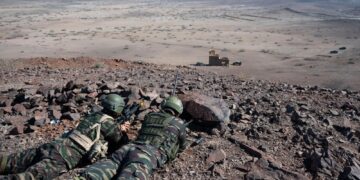
Featuring Mike Sweeney
March 20, 2025
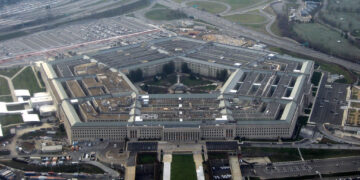
Featuring Benjamin Friedman
February 11, 2025
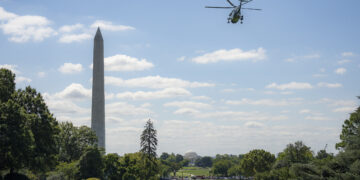
Featuring Daniel DePetris
November 6, 2024
Events on Africa
